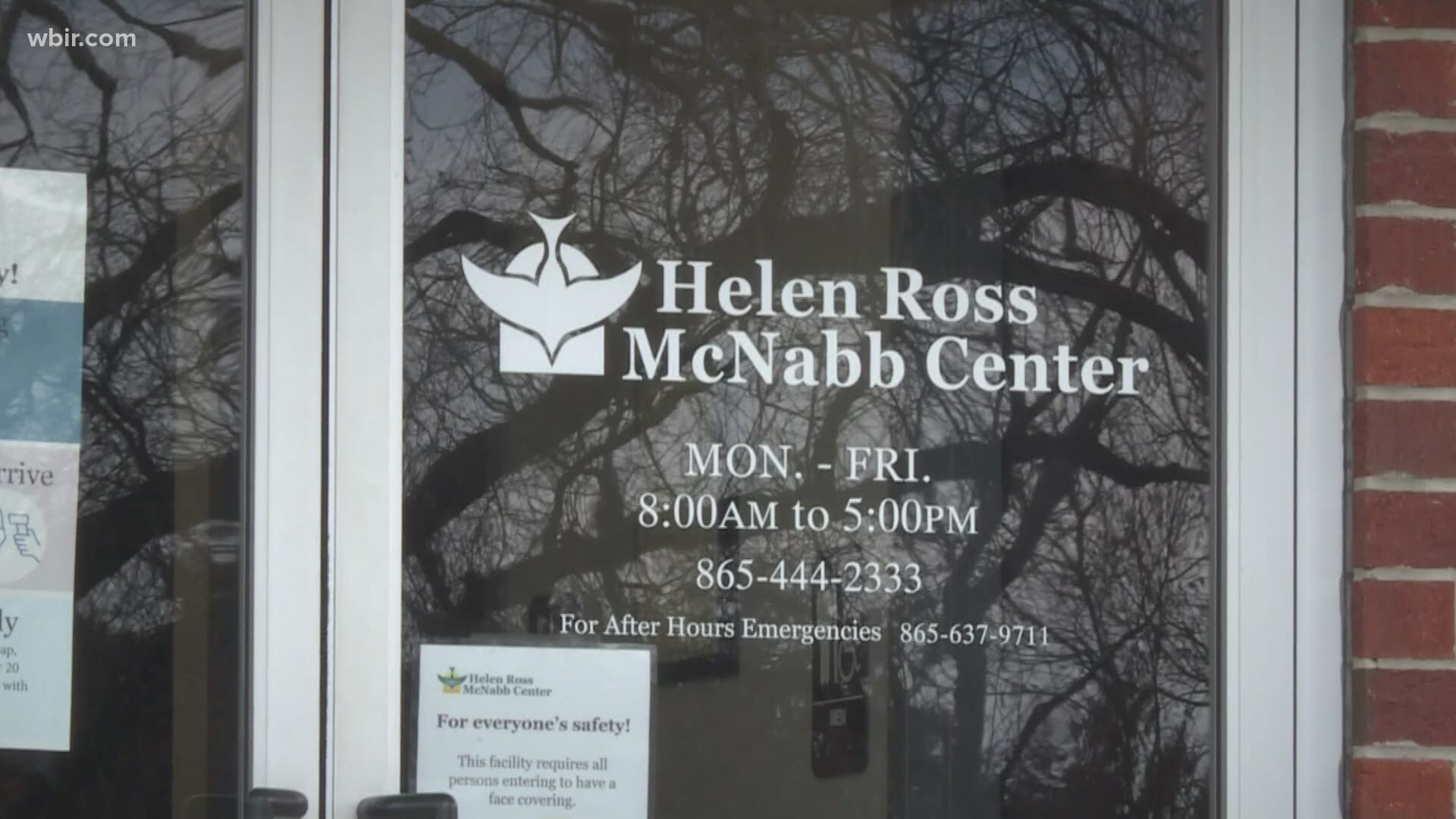KNOXVILLE, Tenn. — A partnership between the Knoxville Police Department and the McNabb Center focusing on mental health is thriving.
It pairs a behavioral health specialist with a specially-trained KPD officer who then responds to calls where someone needs treatment instead of a jail cell, such as calls involving people in a mental health crisis.
So far, the program has helped around 100 people since it began last October.
"We always knew we had a gap," said Candance Allen with the McNabb Center.
The four-month co-responder old program offers a new perspective in law enforcement.
"It's nice to have someone that's been in the system before that knows the system," Sgt. Thomas Clinton said.
The McNabb Center paired a behavioral health specialist with him as part of the program. The duo responds to calls involving suicidal thoughts, hallucinations or other kinds of mental distress.
"My goal is to get in, introduce everything and then I try to step back and let my partner do her job," said Clinton.
Allen said the specialist plays a critical role in de-escalating a situation from the start, which creates an opportunity to make a difference.
"They have those special skills to triage and look at things through that clinical lens that law enforcement isn't trained to do," she said.
After making contact with people, they are connected to services with immediate access. Officials said that they would like to see the program operate 24 hours a day, 7 days a week. Right now the team only responds to calls during the dayshift.
But so far, it's been successful. Officials said that the program was much needed for the community, police department and for mental health services.
"We've been asked to do a lot. We're parents sometimes, counselors, a lot of different things right now. Policing has changed and we get a bad rap sometimes because they don't see all the things we do," said Clinton. "It lowers the stigma against us, that we're not there to arrest someone, and it raises awareness that mental health is real."
"I think the more we can normalize it and decrease the stigma for them and law enforcement, it's a win-win," said Allen.
Follow-ups are conducted in the days after a call making sure people made their appointments.
The pilot program is set to last until fall.

